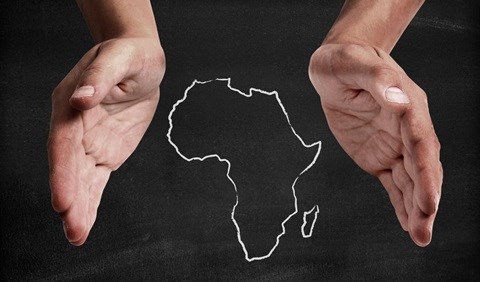
Top stories

RetailDiageo sells East African Breweries stake to Asahi for $2.3bn
Duncan Miriri and Emma Rumney 1 day



Louise Robinson, Sales Director of Database 360, says that the Report's findings come as no surprise to those who are already investing in the continent, as they are seeing great returns as a result of the growth Africa is enjoying. "Once a largely agrarian economic zone, African business is evolving. As the Report points out, the expansion of innovative business models such as mobile technology services, is indicative of the continent's growth potential, and we have been seeing investment into many sectors and industries as a result."
According to the Africa Competitiveness Report, across the region, agriculture's share of GDP is declining and manufacturing is stagnating, while the service sector, in contrast, is increasing as a share of total employment and GDP, providing critical inputs to boost other economic activities. "In many respects, Africa's competitiveness challenges are the same ones that this Report has been highlighting since it was first published in 1998: these are weak institutions, a persistent infrastructure deficit, and low levels of health and education that risk leaving the continent's vast human potential untapped," it states.
However, Robinson points out that these challenges are viewed as opportunities by forward-thinking investors, many of whom are providing crucial services such as the construction of infrastructure to further improve their gains. "Africa offers many different areas of investment, and countries like China have taken the lead in putting vast amounts of capital into infrastructure development in order to maximise their investments. While the continent offers its fair share of development challenges, these can be turned into lucrative opportunities for businesses that have the means and experience to pursue this type of growth."
She adds that in addition to industries such as mining and construction, technology firms are seeing massive growth in the region as a result of the fact that Africa is leapfrogging older technologies as ICT infrastructure is rolled out in areas where there wasn't even fixed telephone line capability in the past. "Mobility is key in Africa. Technology is seeing massive uptake among businesses and the growing middle class, but as a result of the fact that many areas across the continent were under-served with traditional ICT infrastructure, Africans have simply moved to the wireless and mobile technologies that allows them access to everything from banking to m-commerce."
Africa remains a continent of extremes, Robinson says, and the business environment reflects that. She explains that doing business in the unique marketplaces of the various African countries requires insight into, and knowledge of, the specific business and cultural norms.
"Each country is unique, and offers unique opportunities. However, in order to leverage these, understanding that salutations such as 'prince' are important in Nigeria, or that many Ethiopian businesses close on Friday afternoons, is essential. It's only through knowing their target markets that companies can succeed in Africa. Without a partner that can provide these kinds of insights, businesses will battle to achieve the kinds of results that emerging Africa can provide," Robinson concludes.